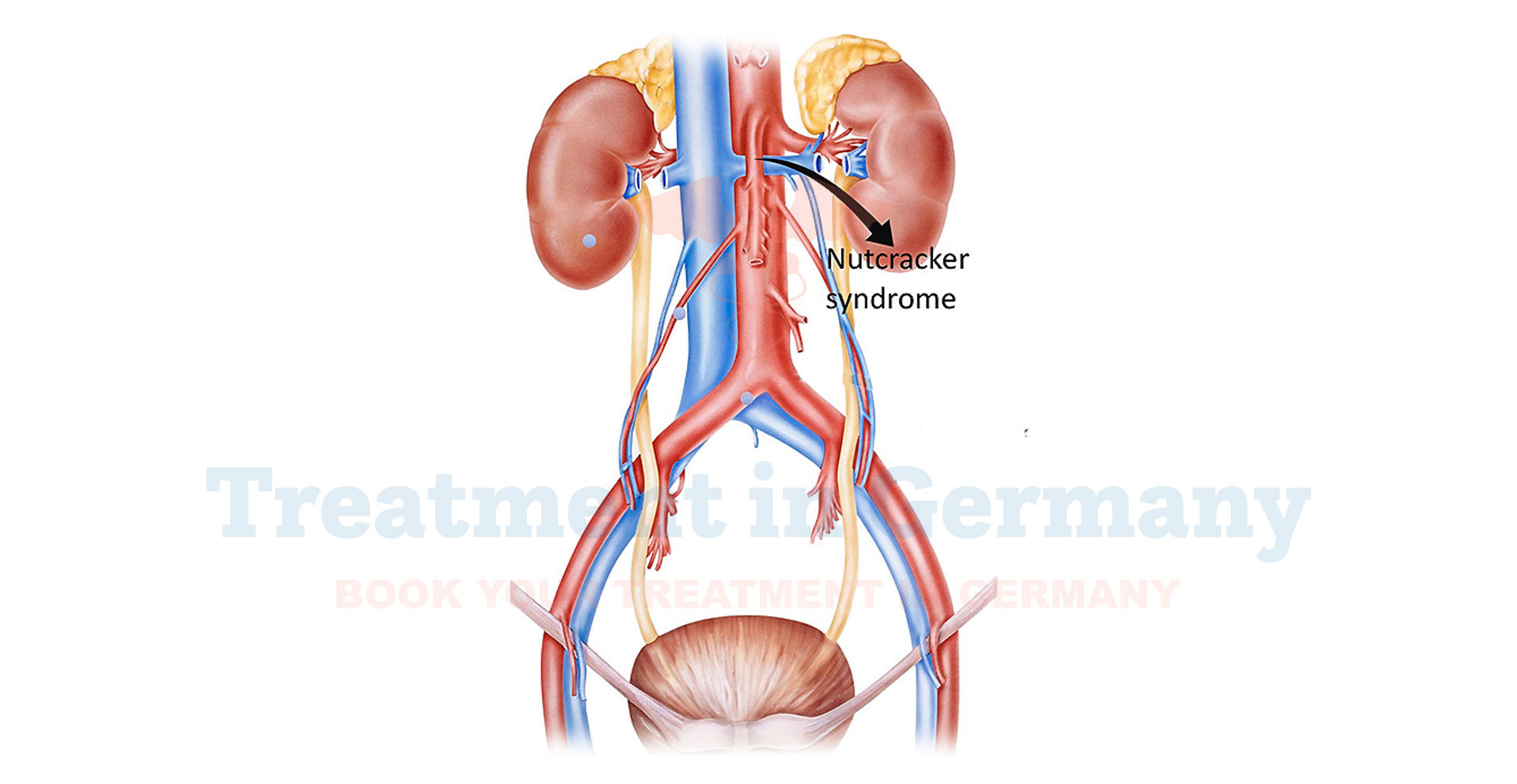What is Nutcracker Syndrome?
Nutcracker syndrome (NCS) is a rare vascular condition where the left renal vein becomes compressed between the aorta and the superior mesenteric artery, leading to restricted blood flow from the left kidney to the rest of the body. This compression can cause a variety of symptoms and complications.
Side Effects of Nutcracker Syndrome
Patients with Nutcracker syndrome may experience a range of symptoms including:
- Hematuria: Blood in the urine due to the pressure on the left renal vein.
- Abdominal Pain: Dull, aching pain in the flank area, especially after physical exertion.
- Varicocele: Enlarged veins in the scrotum in males due to blood flow issues.
- Orthostatic Proteinuria: Presence of protein in the urine while standing, which may indicate kidney dysfunction.
- Pelvic Congestion Syndrome: Chronic pain and discomfort in the lower abdomen and pelvic area.
These symptoms can vary in severity and may impact daily life significantly.
How is Nutcracker Syndrome Diagnosed?
Diagnosing Nutcracker syndrome typically involves a combination of medical history review, physical examination, and imaging studies, such as:
- Duplex Ultrasonography: Non-invasive ultrasound to assess blood flow and detect anatomical changes.
- CT Scan or MRI: Imaging techniques that provide detailed pictures of the blood vessels and surrounding structures.
- Venography: Invasive procedure where contrast dye is injected into the veins to visualize blood flow dynamics.
A comprehensive evaluation by a vascular specialist is crucial for accurate diagnosis and to rule out other conditions with similar symptoms.
Potential Treatment of Nutcracker Syndrome
Treatment options for Nutcracker syndrome depend on the severity of symptoms and may include:
- Conservative Management: Initially, managing symptoms through lifestyle changes such as avoiding strenuous activities, wearing compression garments, and pain management.
- Medication: Nonsteroidal anti-inflammatory drugs (NSAIDs) or anticoagulants may be prescribed to alleviate pain and reduce inflammation.
- Surgical Interventions: In cases where symptoms are severe or conservative measures are ineffective, surgical procedures such as:
- Renal Vein Transposition: Redirecting the left renal vein to relieve pressure.
- Renal Vein Stenting: Placing a stent to widen the compressed vein and restore normal blood flow.
- Nephrectomy: Rarely, surgical removal of the affected kidney may be considered if it no longer functions properly and poses a risk to overall health.
👉 Contact us for further information and receive a complimentary consultation.


.webp)
 (1).webp)

.webp)
 (1).webp)


.webp)
 (1).webp)

.webp)
 (1).webp)
